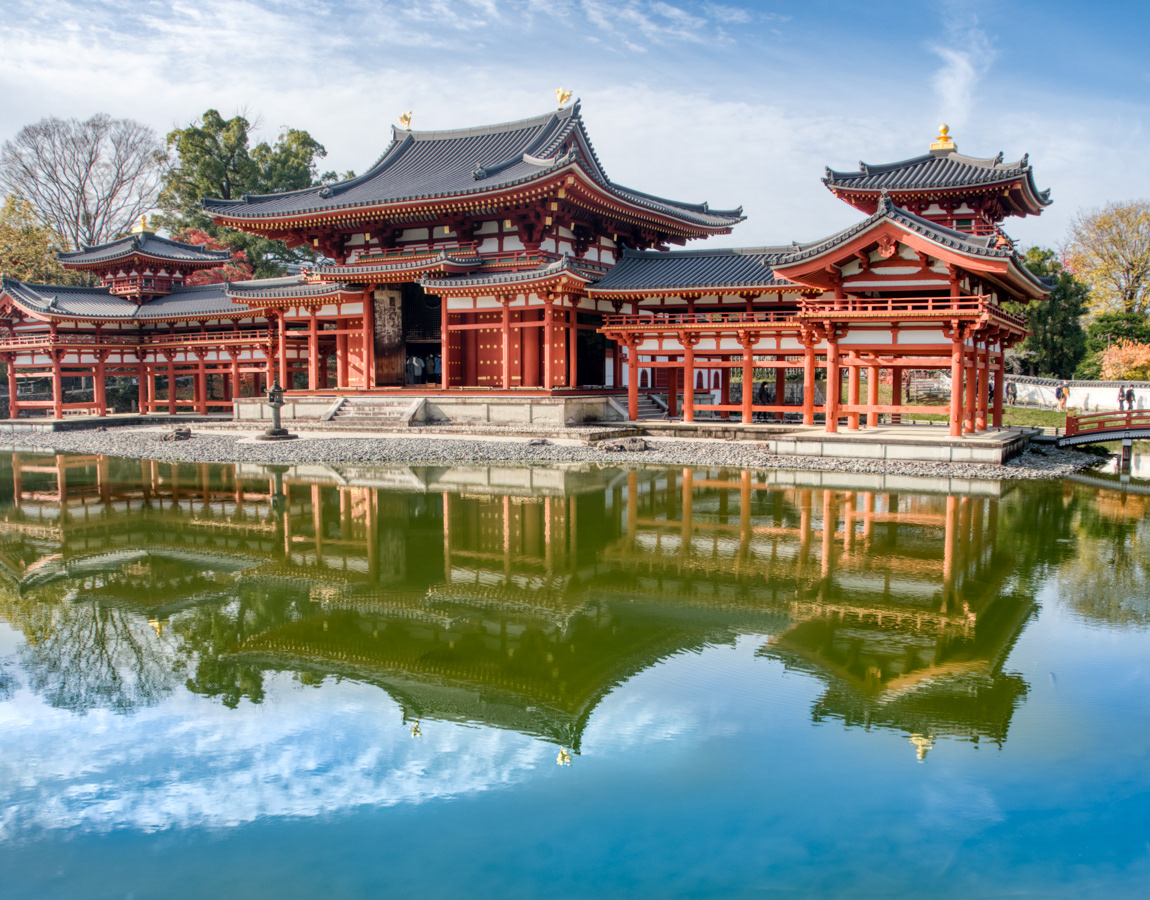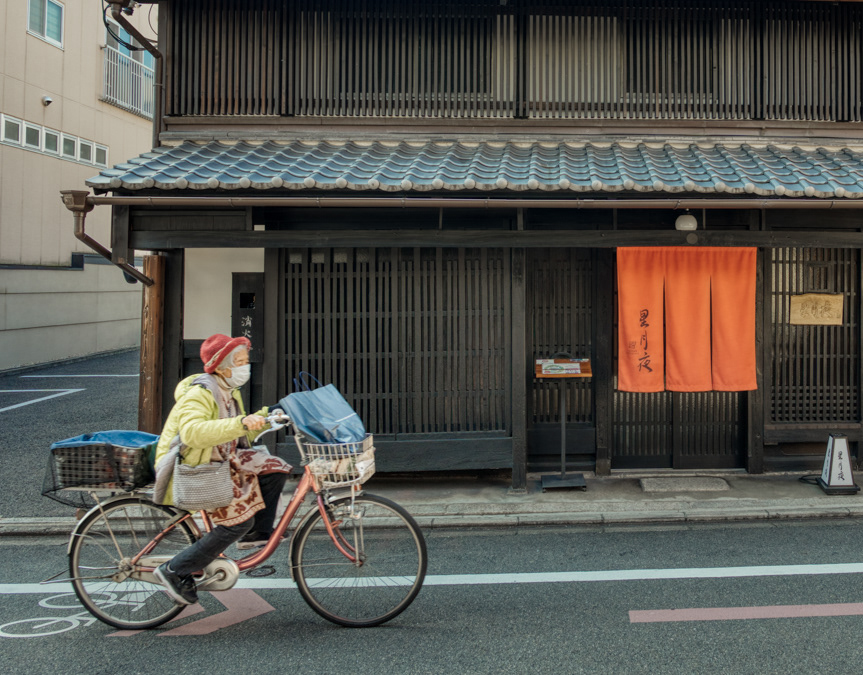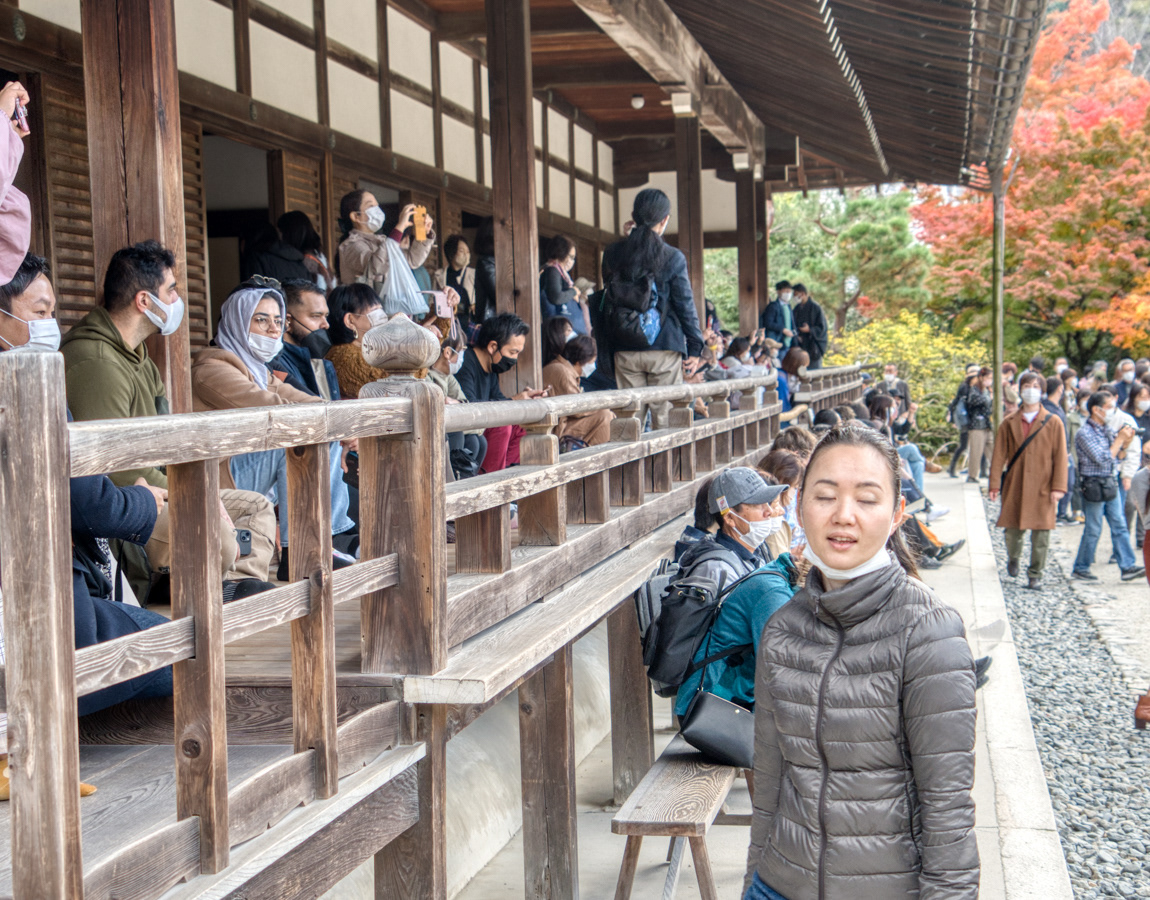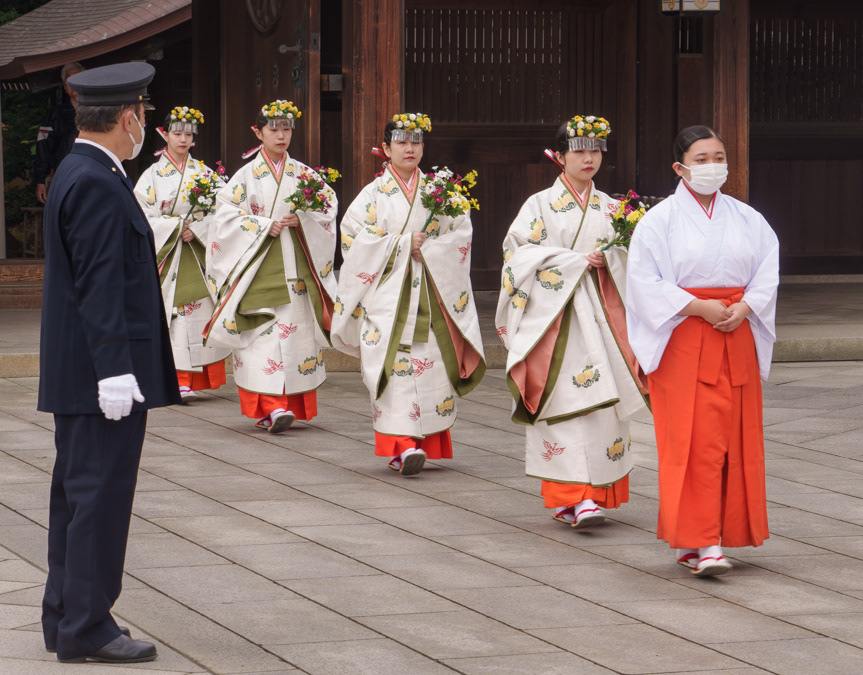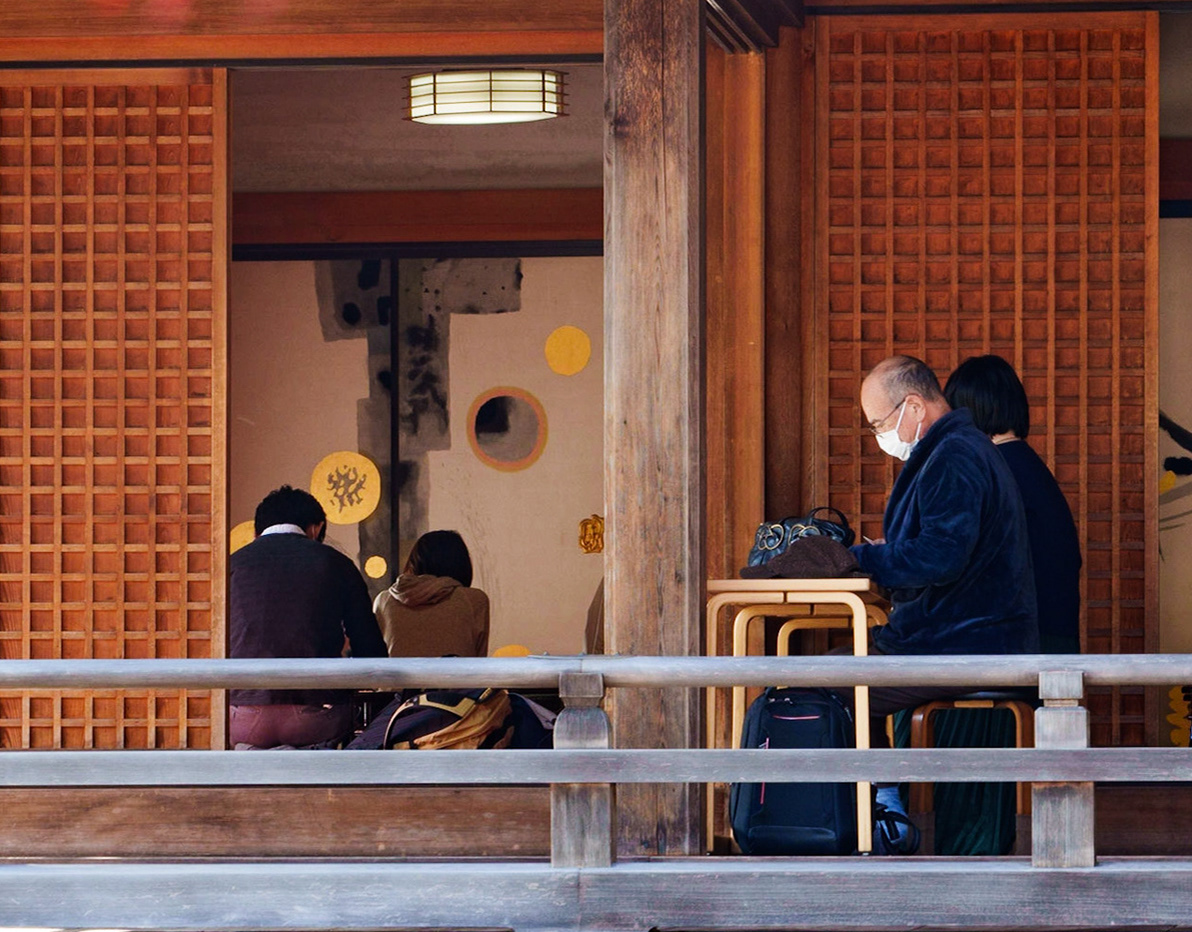Coming Soon
Japanese have a way of creating sentimental value out of thin air or, in this case, out of thin cloth.
Tenugui is a simple rectangular cotton cloth, often decorated with a pattern. Starting in 7th century, when cloth making was a laborious and costly task, the Tenugui was made out of silk, decorated with Shinto or Buddhist deities, and was used to decorate shrines and temples during religious rituals.
As the cost of cloth making dropped, Tenugui became a staple of Japanese homes, used as headbands, souvenirs, decorations, napkins, or placemats.
In addition to its utilitarian use, Tenugui has a distinguished pedigree as a gift-wrapping cloth. In ancient times, families had a special Tenugui used for gift-giving. Every gift from a family was wrapped with elaborate origami-like techniques and delivered to the recipient who kept the gift and returned the Tenugui.
